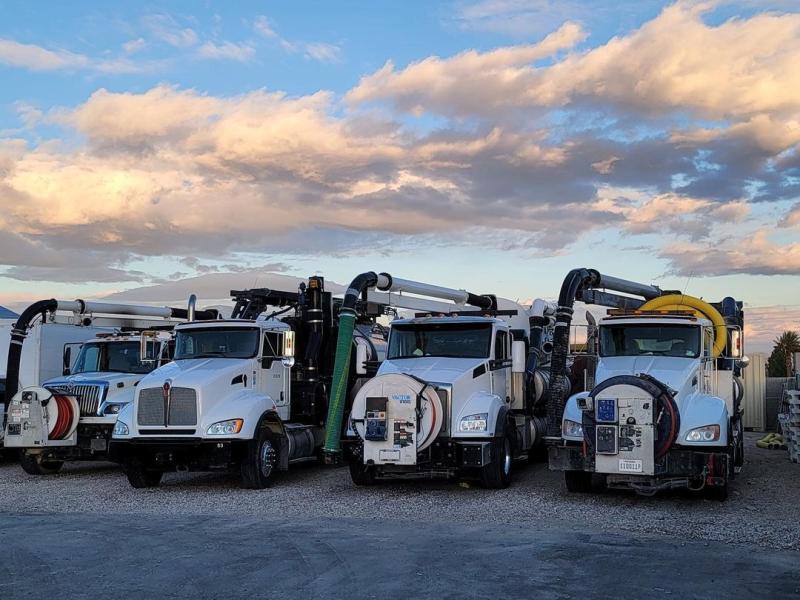Industry Specific Applications of Hydro Excavation
Where and how we work.
Posted 02:16 June 29, 2023
Last Updated 02:16 June 29, 2023

Hydro vacuum excavation, also known as hydro excavation or vacuum digging, is a non-destructive method of excavation that utilizes high-pressure water and powerful suction to remove soil and debris. This technique has various industry-specific applications due to its precision and ability to prevent damage to underground utilities. Here are some notable industry-specific applications of hydro vacuum excavation:
Construction and Engineering
Hydro vacuum excavation is commonly used in construction and engineering projects for precise digging and exposing underground utilities. It allows contractors to safely locate and verify the presence of utility lines, such as gas lines, water pipes, and fiber optic cables, without the risk of accidental damage. This method is particularly valuable when working in congested urban areas or areas with complex utility layouts.
Utilities and Telecommunications
Utilities companies and telecommunications providers employ hydro vacuum excavation to access underground infrastructure for repair, maintenance, or installation purposes. This technique minimizes the potential for service interruptions and helps avoid costly utility strikes during excavation activities. It is particularly useful when working around sensitive utility lines or when daylighting buried lines.
Oil and Gas Industry
In the oil and gas sector, hydro vacuum excavation is utilized for a range of applications. It can be used for exposing underground pipelines, removing soil for pipeline repairs, cleaning storage tanks, and uncovering underground equipment or structures. Hydro vacuum excavation is considered a safer alternative to traditional excavation methods in this industry, reducing the risk of pipeline damage and potential leaks.
Environmental and Geotechnical Investigations
Hydro vacuum excavation is valuable in environmental and geotechnical investigations, where soil and sample collection are required for testing and analysis. The non-destructive nature of hydro excavation ensures minimal disturbance to the surrounding area, allowing accurate soil sampling and preserving the integrity of the site.
Municipal and Public Works
Municipalities and public works departments utilize hydro vacuum excavation for a variety of tasks. This includes digging trenches for utility installations, repairing or replacing sewer and water lines, installing traffic signal foundations, and cleaning catch basins or stormwater drains. Hydro vacuum excavation enables precise and efficient digging in urban areas while minimizing disruption to traffic and nearby infrastructure.
Archaeology and Heritage Preservation
Hydro vacuum excavation has found applications in archaeological excavations and heritage preservation. It allows archaeologists to excavate delicate artifacts or structures without causing damage. By gently removing soil layers, hydro excavation helps uncover buried artifacts and preserves historical sites with minimal disturbance.
Emergency and Disaster Response
During emergency situations or natural disasters, hydro vacuum excavation can be used to quickly and safely access underground utilities, such as gas lines or water mains, for repairs or shut-off purposes. This technique is especially crucial in situations where traditional excavation methods may be impractical or too time-consuming.
Hydro vacuum excavation offers a precise, non-destructive, and versatile method of excavation, making it a valuable tool across various industries. Its ability to prevent damage to underground utilities, minimize disruptions, and enhance worker safety has made it a preferred choice for projects requiring precision excavation and underground infrastructure identification.
If you have an upcoming excavation project you'd like to discuss, contact us here at Hole Hogz. We specialize in all kinds of projects from municipal, to commercial, to residential. We service Las Vegas, Henderson, Boulder City, and most parts of Clark County Nevada.
